Tuesday, April 30, 2024
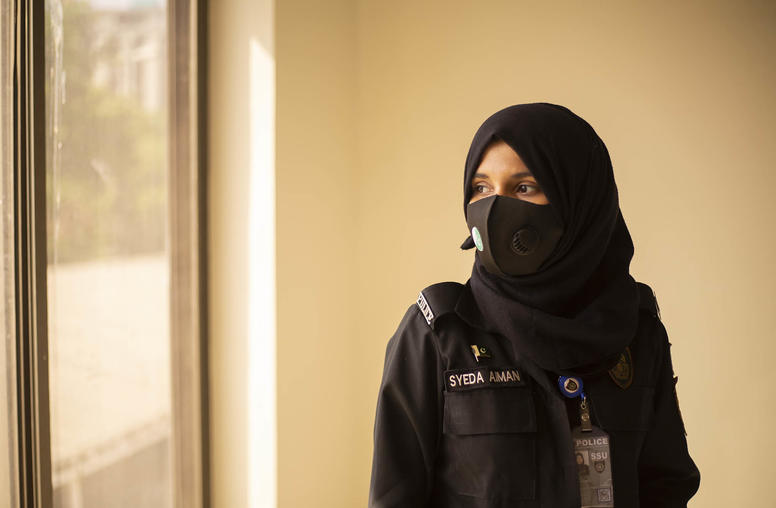
In Pakistan, Women Police Push for Gender Equality
In Pakistan, few institutions epitomize the connection between power and male dominance better than the police. Even after a decade of Pakistani government efforts to recruit more women in police departments, policing in Pakistan remains an overwhelmingly masculine profession — with women making up less than 3 percent of the country’s police force, despite quotas in place. And for the policewomen who do serve, institutional barriers and societal prejudices have made career progression an increasingly uphill battle.
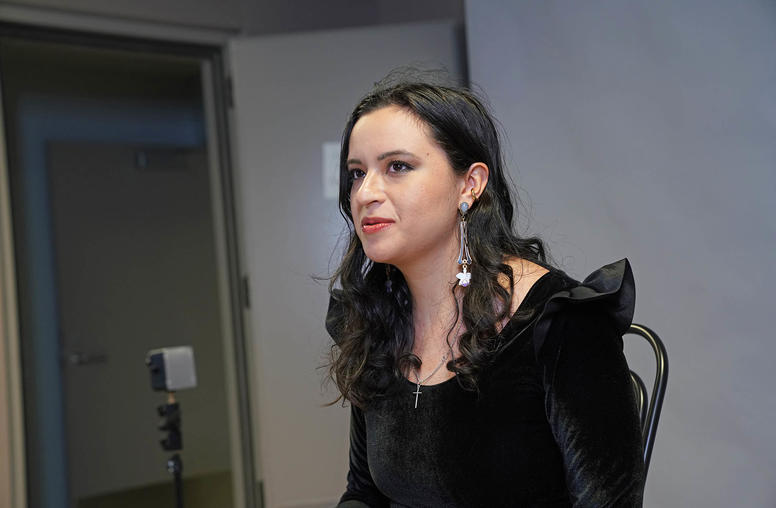
The Latest @ USIP: Colombian Women’s Contribution to Peacebuilding
Women have been both victims and combatants throughout Colombia’s history of civil conflicts. But it wasn’t until recently that they were included as active negotiators in the peacebuilding process. Viviana Sarmiento, a Colombian political scientist and researcher, discusses how Colombian women contributed to the design and implementation of 2016 FARC peace accords, the opportunity to bring gender-inclusive perspectives into negotiations with other armed groups, and what Colombian women can teach others around the world about women’s inclusion in peacebuilding.
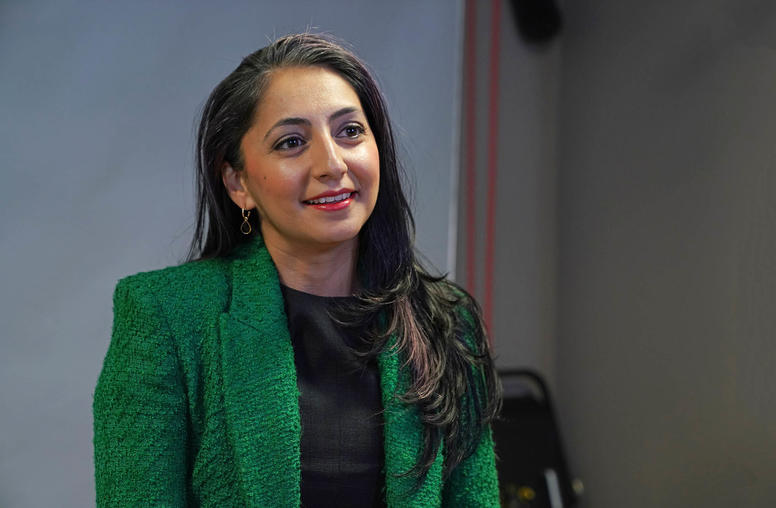
The Latest @ USIP: Why Women Are So Vital to Sustaining Peace and Security
On International Women’s Day, USIP spoke with senior U.S. government officials about women’s role in peace and national security. Lida Noory, the director for women, peace and security at the State Department’s Office of Global Women's Issues; Jennifer Hawkins, a senior women, peace and security advisor at USAID; Brooke Owens, a women, peace and security advisor working with the Department of Defense; and Brigadier General Maura Hennigan, the president of Marine Corps University, explain why the security of any nation is directly tied to the status and security of its women and how in conflict-torn countries, women’s meaningful participation in peace processes is vital to building and sustaining peace.
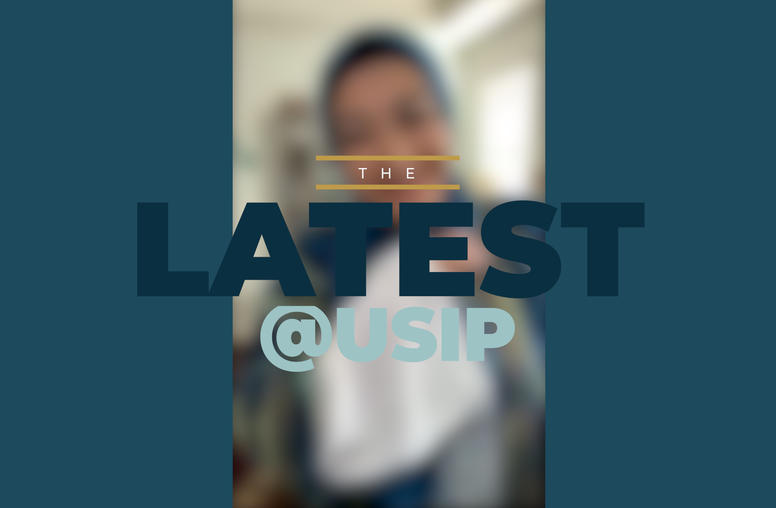
The Latest @ USIP: The Fight for Uyghur Women’s Human Rights in China
Uyghur journalist Gulchehra Hoja discusses the human rights situation for Uyghur women in the Xinjiang region of China, why authoritarian regimes feel threatened by women in particular, and how the global community can help by pressuring China to open the region to independent investigations and foreign journalists.
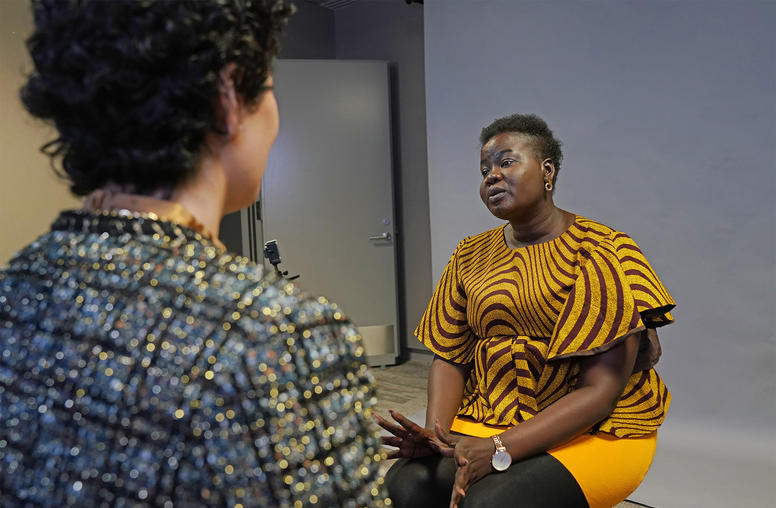
The Latest @ USIP: The Fight Against Gender-Based Violence in South Sudan
Women Building Peace Award finalist Nyachangkuoth Tai discusses ways South Sudanese women can be involved the electoral process — such as the constitutional requirement that women make up 35 percent of parliament — so that they have an equal hand in shaping the country’s future.
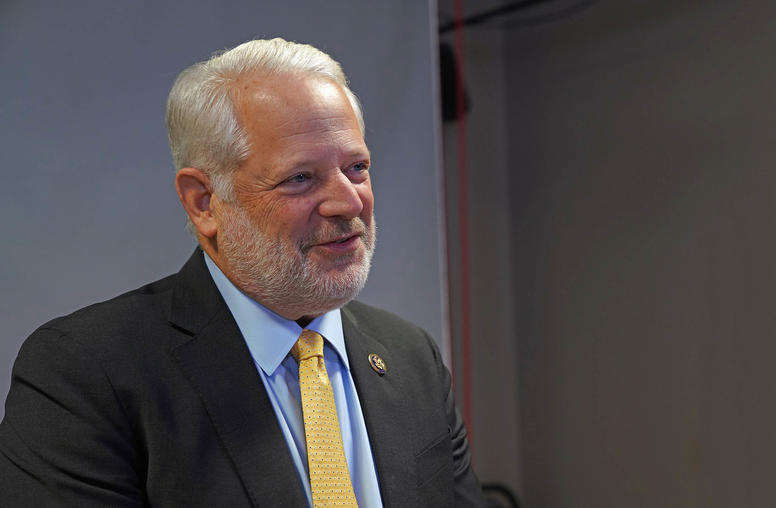
The Latest @ USIP: How Peace Games Can Help Congress
In an often volatile and complex geopolitical environment, U.S. leaders need to understand the full range of tools available to them when it comes to managing conflict. Former Rep. Steve Israel (D-NY), who now leads Cornell University’s Institute of Politics and Global Affairs, discusses how the partnership with USIP on congressional peace games gives members of Congress and their staff a chance to work through a simulated scenario in a way that doesn’t necessarily involve going to war and explains why bipartisanship is so important for promoting democracy, peace and stability abroad.
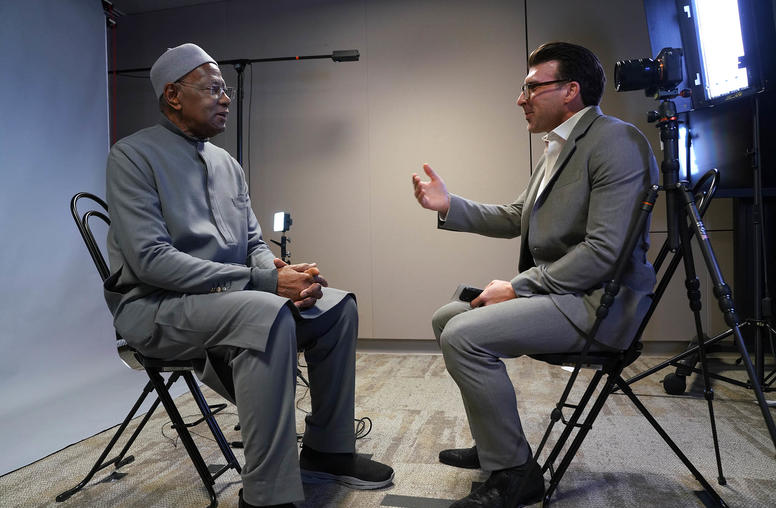
The Latest @ USIP: Libya’s Institutional Legitimacy Crisis
As Libya’s cease-fire continues to hold, the country can take the next step toward long-term stability by addressing its institutional legitimacy crisis. Without public trust in decision-making bodies, the country will struggle with crucial issues at the heart of the conflict, such as Libya’s vast oil wealth and how to distribute it. Democratically elected leadership is the best way forward — but elections remain elusive amid a political and military stalemate.
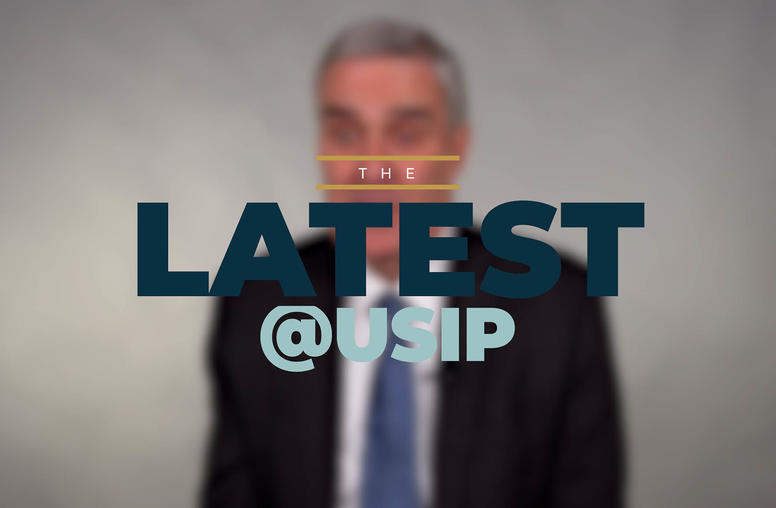
The Latest @ USIP: Where Does NATO Go From Here?
Amid Russia’s invasion of Ukraine and China’s rise as a strategic competitor, NATO is faced with a rapidly shifting geopolitical environment. Moving forward, the alliance’s greatest challenge might come from within, as democratic backsliding continues to plague some member states. Ambassador Douglas Lute, a former U.S. permanent representative to NATO, discusses NATO’s efforts to deter further Russian aggression, how China’s differing view of world order makes it a competitor to NATO’s mission and why shared democratic values are the glue that holds the consensus-based NATO structure together.
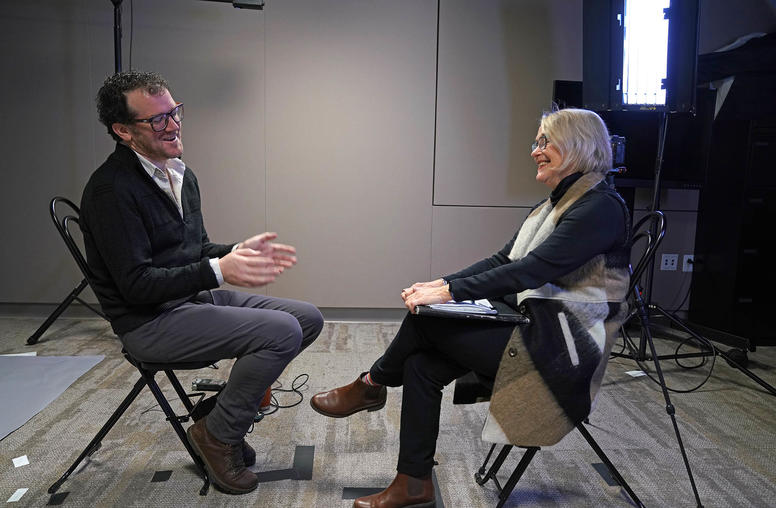
The Latest @ USIP: The Role of Poetry in Conflict Resolution
So often, language can seem flimsy in the face of violence and conflict — but poetry as an art form reminds us that language can help people heal from conflict and build lasting peace. Pádraig Ó Tuama, poet-in-residence at Columbia University's International Center for Cooperation and Conflict Resolution, discusses how poetry can help unlock ways to reframe and reimagine peace, how he’s used poetry in his own conflict resolution work in Ireland, and where he sees signs of hope in today’s conflict environment.
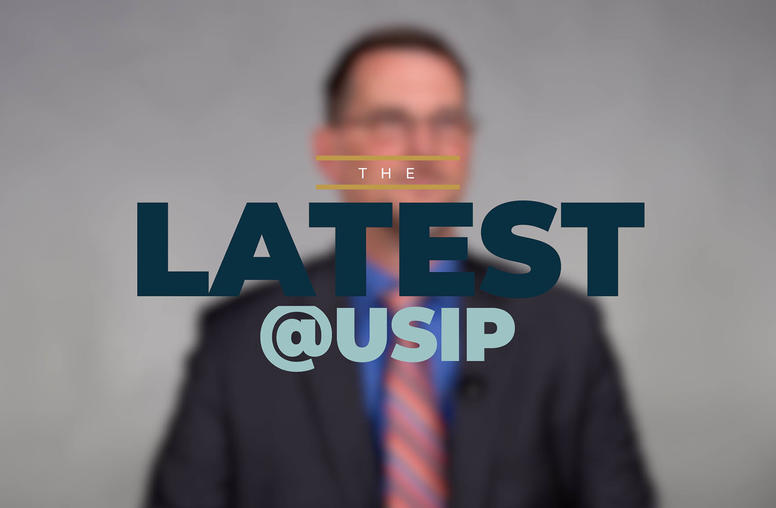
The Latest @ USIP: Venezuela’s Road to Free and Fair Elections
As the Venezuelan regime and opposition cautiously return to the negotiating table, the focus is on creating an environment for free, fair and democratic elections in 2024. Mark Wells, deputy assistant secretary for the State Department’s Bureau of Western Hemisphere Affairs, discusses the on-the-ground role of Venezuelan civil society, pairing U.S. sanctions relief with progress in negotiations, and what regional allies are doing to help guide Venezuela toward a democratic solution.
